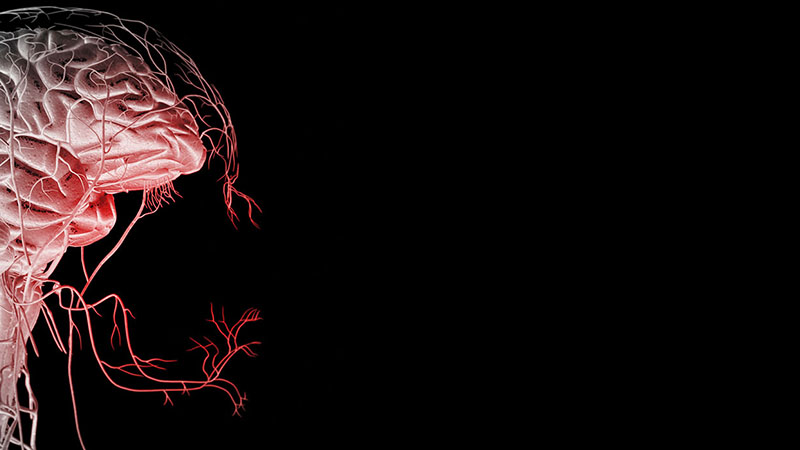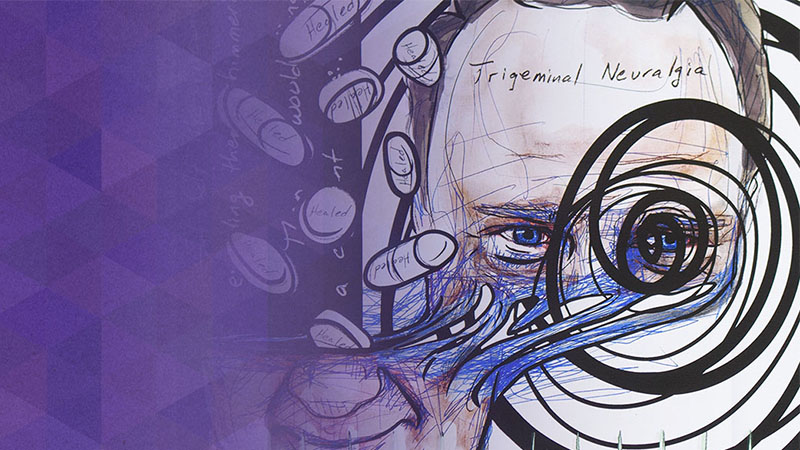Treatments
Neuromuscular Disorder Treatments

Treatments for neuromuscular disorders vary greatly depending on your specific condition, the severity of your symptoms and your overall health. Your physician will work with you to choose a treatment that best meets your health and lifestyle needs. Treatment options include:
Carpal tunnel syndrome
- Icing
- Wearing splints to keep the wrists straight
- Exercises
- Anti-inflammatory injections
- Carpal tunnel release surgery (when advanced)
Hyperhidrosis
When clinical strength antiperspirants can’t control excessive sweating, your physician may opt for:
- Iontophoresis, a low-voltage current that “stuns” the sweat glands
- Injection of botulinum toxin (Botox) to limit the nerve impulses to the sweat glands
- Surgery through a minimally invasive procedure that removes the nerve cells that cause sweating
Myasthenia gravis (MG)
While there’s no cure for MG, there are several treatments that can help you manage the condition:
- Medication, especially immunosuppressants
- Surgery to remove the thymus gland
- Infusions of immunoglobulin
- Plasma exchange
- Lifestyle changes, including dietary changes and avoiding getting overheated
Neuropathy
- Treating the cause, such as diabetes or infection
- Medication
- Physical therapy
- Braces
- Orthotics
- Surgery
- Change in diet
- Healthier lifestyle habits
Radiculopathy
- Rest
- Physical therapy
- Pain medication
- Anti-inflammatory medication
- Surgery often reserved for patients with severe pain or loss of bladder and bowel control
Sciatica
- Rest
- Physical therapy: Especially stretching, strengthening and conditioning
- Medication: Pain, anti-inflammatory and muscle relaxants
- Spinal injections: To reduce swelling
- Surgery
- Microdiscectomy: Removing herniated disc fragments
- Laminectomy: Removing bone and tissue that’s pinching the sciatic nerve



